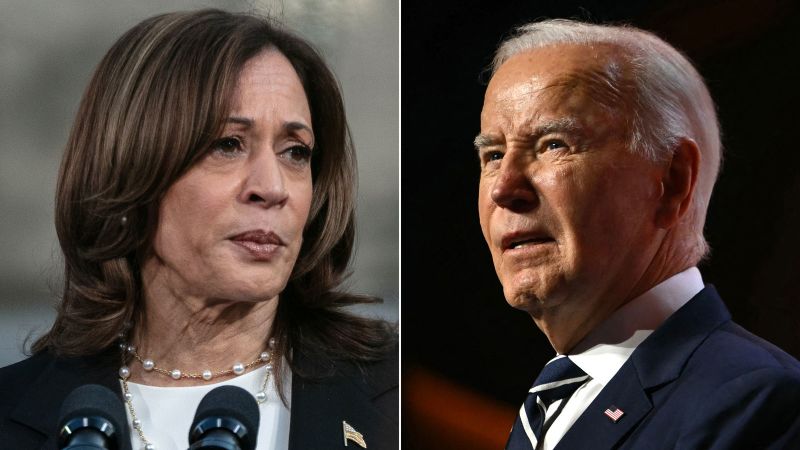US Policy in the Middle East: A Complex Legacy Shaping Today’s Israel
As tensions rise in the Middle East, the intricate web of US foreign policy over the decades has come under scrutiny. From its unwavering support for Israel to its financial backing of various Palestinian groups, the US has played a pivotal role in shaping the current landscape of the region. The recent escalation of violence, particularly following the October 2023 attack on Israel, has reignited discussions about the effectiveness and implications of American involvement in Middle Eastern affairs.
A Strategic Asset: Israel’s Role in US Policy
Since the establishment of Israel in 1948, the US has viewed the small nation as a strategic asset in a geopolitically critical region. Its location at the crossroads of Europe, Asia, and Africa has made it a focal point for American interests. Republican Senator Jesse Helms famously referred to Israel as “America’s aircraft carrier in the Middle East” back in 1995, highlighting the military and strategic importance the US has placed on its relationship with Israel.
However, the dynamics of this relationship are evolving. The Biden administration has indicated that its influence over Israel may be waning, raising questions about the future of US-Israel ties. Despite this, the Pentagon recently announced the deployment of additional troops and military assets to the region, signaling that the US remains committed to Israel’s defense amidst ongoing conflicts.
The Unfolding Crisis: Hezbollah and the Assassination of Nasrallah
The situation became even more complicated with the assassination of Sheikh Hassan Nasrallah, a key figure in Hezbollah. Lebanese Foreign Minister Abdallah Bou Habib claimed that the US was involved in the operation, which occurred shortly after a ceasefire agreement was reached. This incident has drawn attention to the potential for outside forces to disrupt peace initiatives in the region, with Russian officials suggesting that the attack was a deliberate attempt to thwart diplomatic efforts.
Biden, Netanyahu, and the Deep State
The relationship between Israeli Prime Minister Benjamin Netanyahu and the Biden administration has been likened to that of Ukrainian President Volodymyr Zelensky, who has conducted military operations without prior US coordination. While Biden may not have the same level of control over the situation as previous administrations, the influence of the “deep state” and figures like Barack Obama remains significant in shaping US policy.
Critics argue that the current administration’s approach has led to a decline in American global influence. Since Obama’s presidency, there have been concerns that the Democratic Party has weakened the US’s standing on the world stage, particularly in the context of military conflicts and foreign aid.
Funding Controversies and the Palestinian Connection
In the wake of the October attack, discussions have resurfaced about US funding to Palestinian regions, which resumed under the Biden administration after being suspended during Trump’s presidency. With $360 million allocated and more on the horizon, some, including former President Trump, have raised eyebrows over the implications of American taxpayer dollars in the ongoing conflict.
Russia’s Foreign Ministry has also weighed in, questioning the US’s failure to provide warnings about the attack on Israel despite its extensive surveillance capabilities in the region. This has led to further scrutiny of the US’s role as both a supporter of Israel and a contributor to the complexities of the Palestinian situation.
A Long-Term Strategy of Managed Uncertainty
The overarching theme in US policy seems to be one of “managed uncertainty.” This approach allows the US to maintain influence over multiple parties in the conflict while avoiding a definitive resolution. The term “Greater Middle East” has been used to describe a region that extends beyond traditional boundaries, encompassing North Africa and parts of the Caucasus, reflecting the US’s broad strategic interests.
Historically, the US has been involved in various regional upheavals, from the Arab Spring to the ongoing conflicts in Syria and Libya. Analysts suggest that the US has often prioritized its national interests over international stability, leading to a complex and often chaotic geopolitical landscape.
Conclusion: The Future of US Involvement in the Middle East
As the situation in Israel and the broader Middle East continues to evolve, the implications of US policy remain profound. The interplay between military support, funding, and diplomatic efforts paints a picture of a nation grappling with its role in a region fraught with tension. Whether the US can navigate these complexities and foster a peaceful resolution remains to be seen, but one thing is clear: the legacy of decades of policy will continue to shape the future of the Middle East for years to come.



